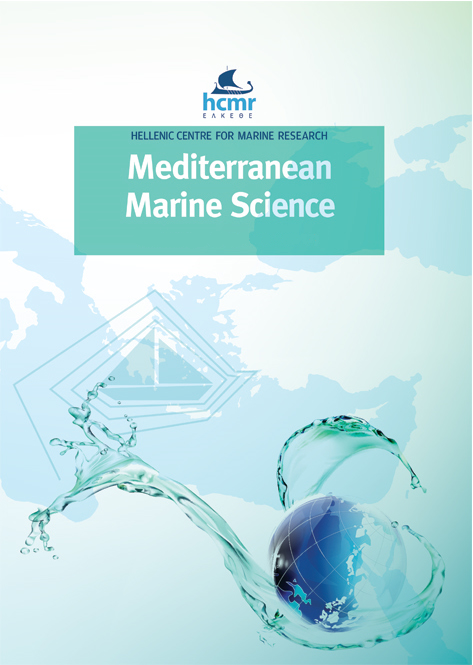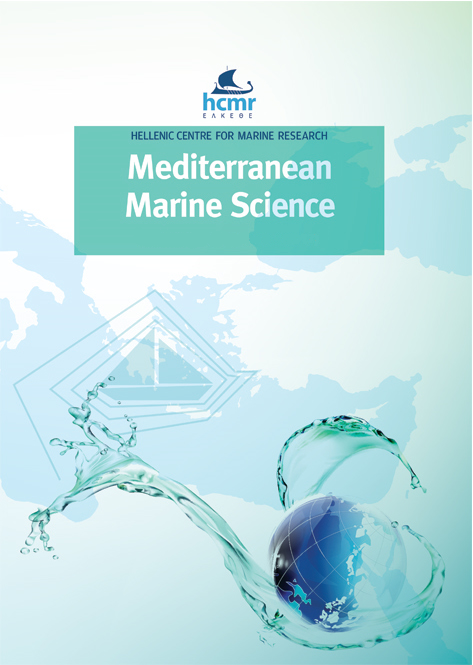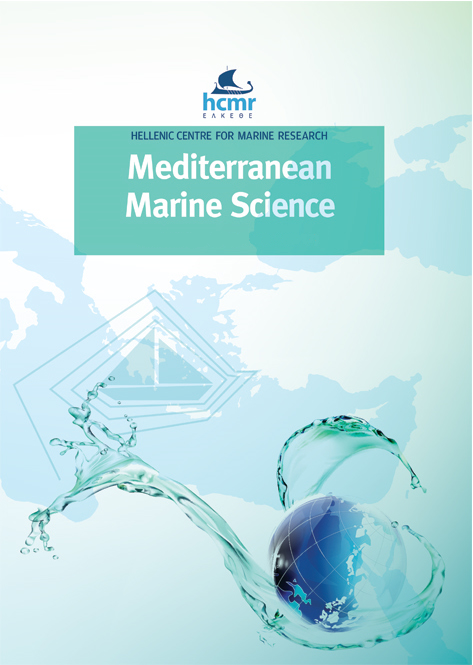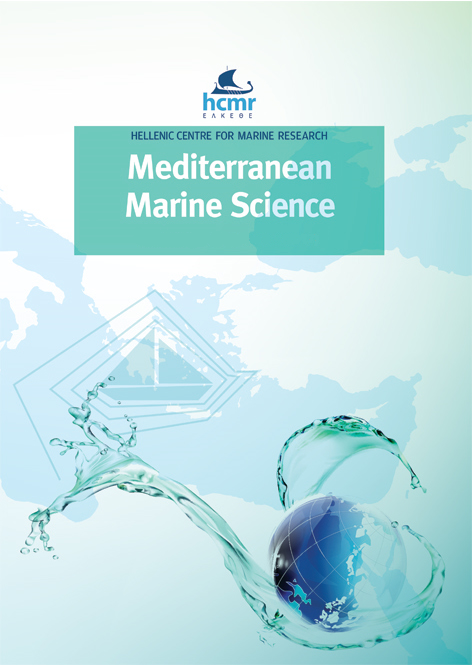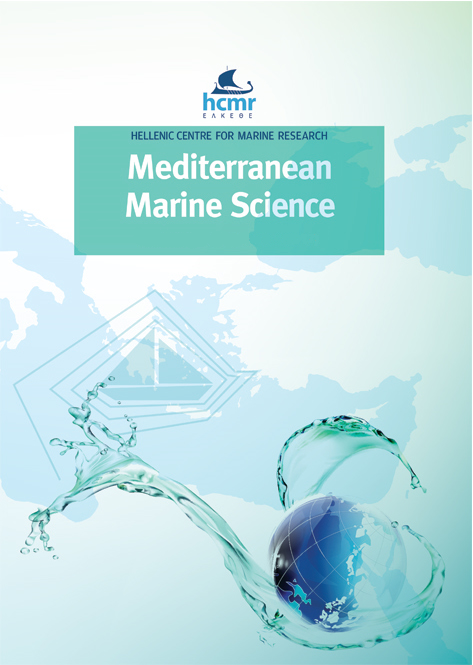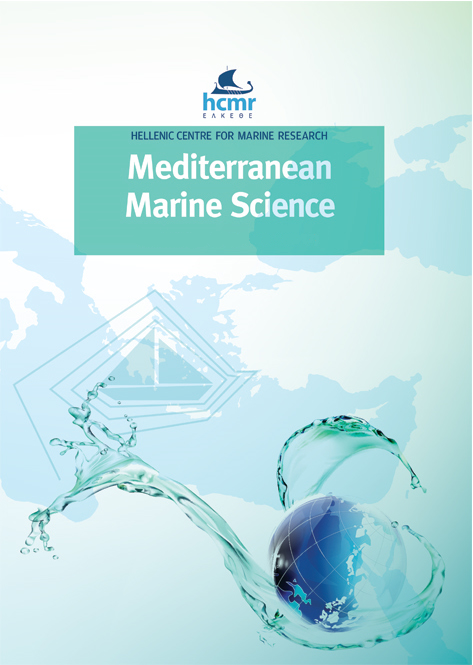Wave attenuation by Cystoseira sensu lato in two shallow Mediterranean coastal waters
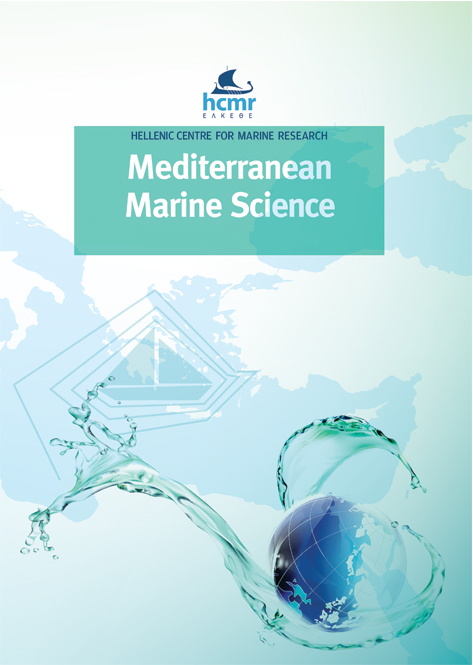
Abstract
Coastal protection from erosion is an important ecosystem service provided by marine vegetation. Seaweeds and seagrasses can attenuate wave action in coastal areas and increase sediment retention. Here we investigated for the first time the effects of erect Cystoseira sensu lato forests in attenuating the wave energy in two Mediterranean shallow areas (Greece and Tunisia). The hydrodynamic effects were measured using the dissolution rate of gypsum cones (fd) r. Experiments were carried out in Greece, on the species Ericaria barbatula, and in Tunisia on the species E. brachycarpa and Cystoseira crinitophylla. Wave attenuation was directly related to percent cover of these macroalgal forests under different spatial and temporal conditions. On average, Cystoseira s.l. forests with 100 % cover reduced the wave action by 38 % more than the control (0 % cover). This study shows that Cystoseira s.l. forests under specific conditions play a key role for protecting the Mediterranean coasts from erosion, and can present a nature-based solution as an alternative to unsustainable and costly artificial constructions.
Article Details
- How to Cite
-
PAPADIMITRIOU, E., HANNACHI , A., PAPADIMITRIOU, A., BEYREM , H., KEFALAS, I., MAHMOUDI , E., SELLEMI, B., SMITH, C., PAPATHANASIOU, V., FRASCHETTI, S., DANOVARO, R., & ORFANIDIS, S. (2024). Wave attenuation by Cystoseira sensu lato in two shallow Mediterranean coastal waters. Mediterranean Marine Science, 25(3), 556–563. https://doi.org/10.12681/mms.36616
- Section
- Research Article
Authors who publish with this journal agree to the following terms:
- Authors retain copyright and grant the journal right of first publication with the work simultaneously licensed under a Creative Commons Attribution Non-Commercial License that allows others to share the work with an acknowledgement of the work's authorship and initial publication in this journal.
- Authors are able to enter into separate, additional contractual arrangements for the non-exclusive distribution of the journal's published version of the work (e.g. post it to an institutional repository or publish it in a book), with an acknowledgement of its initial publication in this journal.
- Authors are permitted and encouraged to post their work online (preferably in institutional repositories or on their website) prior to and during the submission process, as it can lead to productive exchanges, as well as earlier and greater citation of published work (See The Effect of Open Access).





